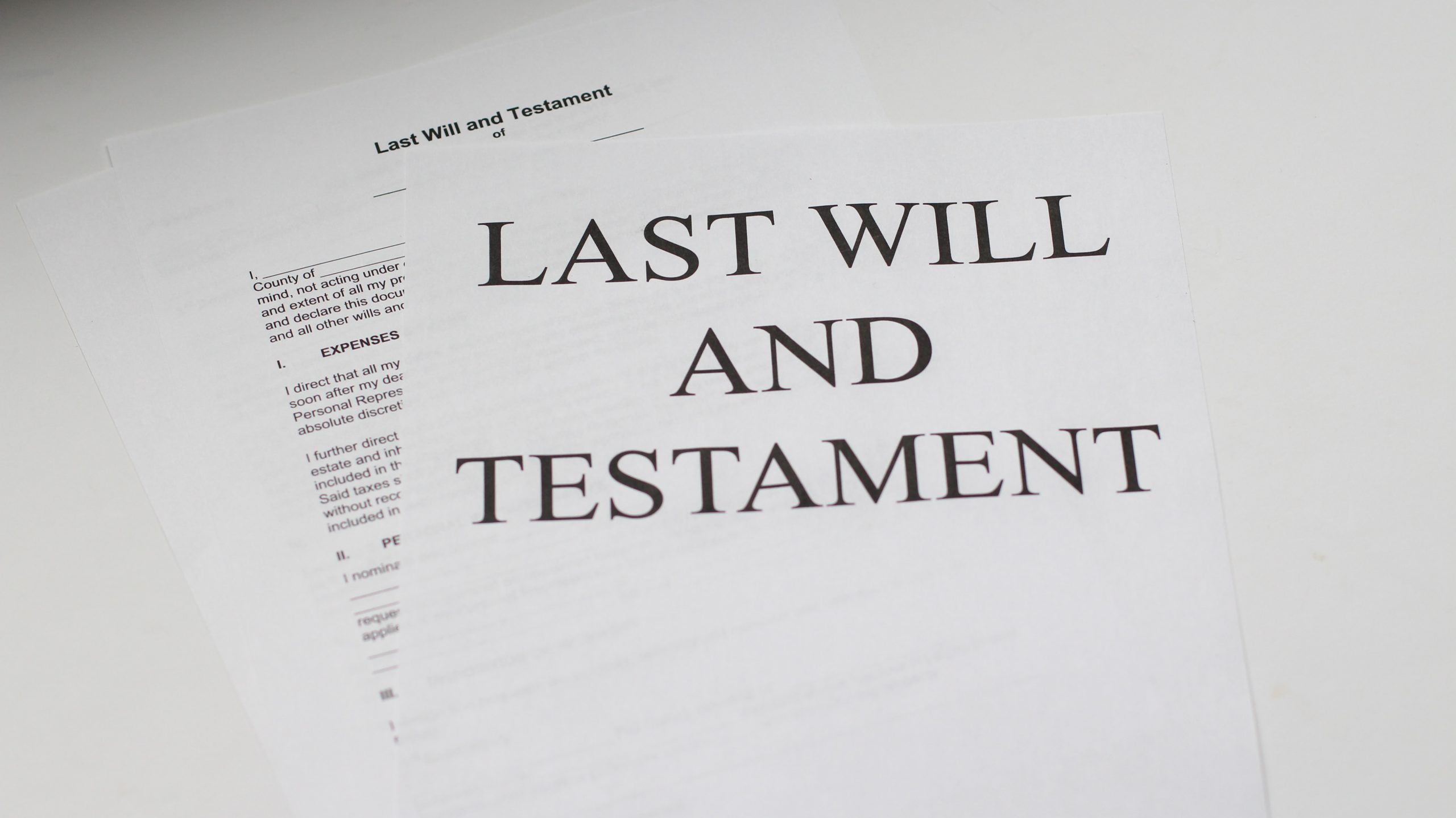In this tutorial from the estate planning specialists, learn about the many kinds of Wills and how to select the appropriate one for you.
When you first begin the Estate Planning process, it is natural to feel overwhelmed. It is not only natural, but it is also comprehensible. Estate planning encompasses a wide range of themes. However, taking a small step at a time is the most efficient way to go.
One of the first things you should do is learn about the many sorts of Wills. Knowing which Will is best for your requirements is crucial so you can be certain that you are putting in place all you need to safeguard your legacy and care for your loved ones in the future. Continue reading to discover more about the many forms of Wills.
What Are the Different Types of Wills?
There are nine main kinds of Wills available. They are different from one another, and neither one is really superior to or better than the other. The optimal Will is determined by a mix of your present status and any future intentions you may have for your Beneficiaries. We will go through 9 different kinds of wills in detail here:
1. Living Will
Despite the name’s resemblance, a Living Will may do far more than a standard Last Will and Testament. A Living Will, often referred to as an Advance Healthcare Directive, is useful for end-of-life planning and expressing your desires for future medical treatment.
A Living Will can advocate for you if you become disabled for whatever reason and are unable to communicate your wishes to physicians or loved ones. The advantage of a Living Will is that it relieves loved ones of the stress of making difficult choices on your behalf. It is important to note that after you die away, your Living Will becomes useless. Check to see whether your Living Will is legitimate and specific to your state’s regulations, since they may differ.
2. Testamentary Trust Will
Will Trusts or Trust Under Wills are terms used to describe Testamentary Trust Wills. They are included in a Will and may be used to govern the disposition of your assets after your death. This sort of Trust is distinct from others in that it is not created until after your death. If you need to fixate long-term care for Beneficiaries, Testamentary Trust Wills might be a viable solution. Unlike most Trusts, Testamentary Trust Wills will have to go through probate, which may be a substantial drawback.
3. Pour-Over Will
Revocable Living Trusts and Pour-Over Wills function together. They function by “pouring over” any assets that do not immediately belong to a Beneficiary into your Trust after you die away, providing greater privacy than a traditional Last Will and Testament. If you have not placed everything into your Trust, pour-over wills may help. Before property can be transferred to your Trust, it must first go through probate, which may take time and money and create worry for your loved ones.
4. Simple Will
Simple Wills, as the name implies, are simple in the sense that they do not include a lot of provisions. However, just because they are simple in nature does not imply they will not work. A Simple Will can handle a lot of your fundamental planning, such as naming a guardian for children and choosing an Executor. For particularly intricate or big estates, simple wills may not be the best alternative.
5. Joint Will
Joint Wills combine two people’s wills into one document. They may be used in situations when couples seek to make each other Beneficiaries after one of them dies away, and then name a kid or children as ultimate Beneficiaries after both partners have passed away. It is pertinent to realize that when the first spouse dies, the joint will become irreversible.
6. Deathbed Will
For a variety of reasons, Deathbed Wills are undesirable. The most significant disadvantage is that they are less effective than other forms of Wills. There are frequent doubts concerning mental soundness and how complete a Deathbed Will is when made on a deathbed, and most often under tragic circumstances. While any Will is preferable than none, Deathbed Wills are more likely to cause complications for your loved ones when you die away.
7. Online Will
Online Wills are still a relatively new idea in the realm of Estate Planning. True, there are a number of reliable, authoritative resources available to assist you in creating an efficient and appropriate Online Will. However, you must exercise due caution when selecting a DIY internet firm to generate your Will or other Estate Planning papers. Not all online will services are created equal. It is imperative that you check internet reviews. Above all, be certain that any firm you choose has state-specific documentation and forms that have been designed, written up, and reviewed by genuine attorneys and Estate Planning specialists.
8. Holographic Will
Holographic Wills do occur on occasion, albeit they are not very prevalent. These are handwritten Wills that are often the outcome of unforeseen events such as war or another life-threatening emergency. Not all states consider holographic wills as legitimate.
9. Nuncupative Will
Nuncupative Wills are a spoken description of one’s ultimate intentions. Nuncupative Wills, like Holographic Wills, are not accepted in every state. Furthermore, certain governments have rigorous requirements for what constitutes a legitimate Nuncupative Will. A state, for example, may identify them if they are written down after they have been uttered.
These are the Different types of wills that you need to be aware of, that would help you plan and create your own digital estate plan accordingly that suits your requirements, check out Clocr to get started on creating your own Digital Estate Plan!




